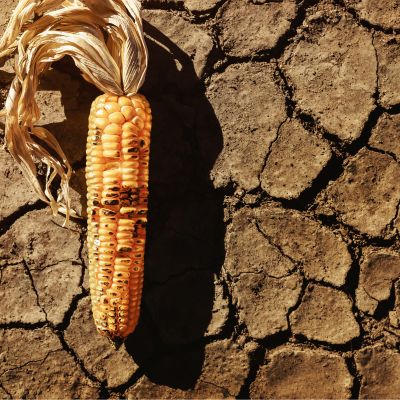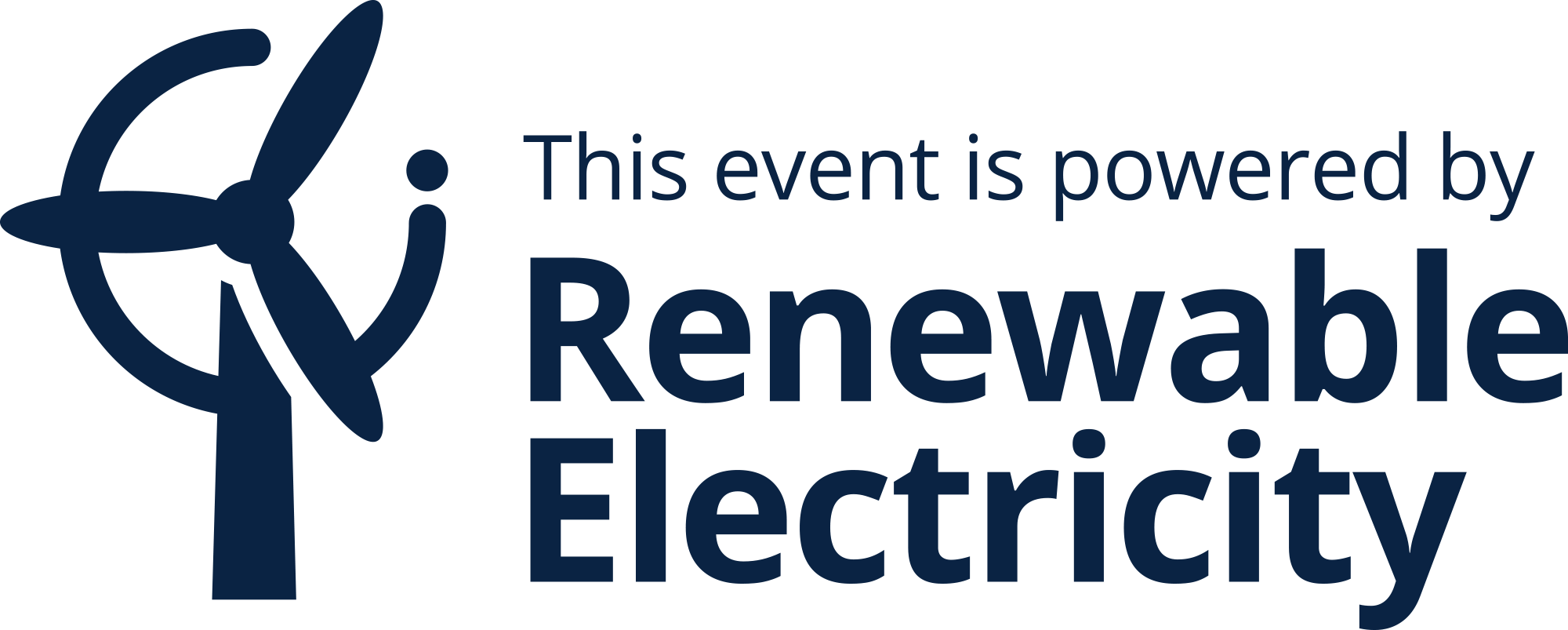In recent years, more and more people in Southeast Asia, including Singapore, have adopted plant-based diets. Whether for health reasons, environmental concerns, or animal welfare, the demand for these foods is rising.
In Singapore alone, 26% of consumers have tried to reduce their meat intake, with many turning to plant-based protein sources to meet their nutritional needs.
This shift is impacting individual restaurants and food manufacturers. They are increasingly focusing on creating delicious, nutritious, high-protein foods for vegans and vegetarians.
Understanding the variety and benefits of vegan protein-rich foods is essential for everyone, from chefs to home cooks, as they strive to offer good protein sources in every meal.
This article will explore the Top 20 Plant-Based Protein Sources for Vegans and Vegetarians, providing a comprehensive guide to the best options available.
The Rise of Plant-Based Eating in Southeast Asia
The trend of plant-based eating is gaining significant traction in Southeast Asia, especially in countries like Singapore. Recent statistics show that the plant-based market is projected to grow 8.1% annually over the next five years.
This reflects a broader regional shift towards healthier and more sustainable eating habits, with many opting for plant-based protein sources. This shift is reflected in consumer choices and the success of various plant-based initiatives.
In Singapore, for example, vegan and vegetarian restaurants are flourishing. Popular spots like “Afterglow” and “VeganBurg” have become household names, catering to the increasing demand for vegan protein-rich foods.
Moreover, mainstream eateries are also jumping on the bandwagon, offering high-protein foods for vegans and good protein sources on their regular menus.
From traditional dishes like high-protein vegetables in stir-fries to innovative vegan food creations, the popularity of plant-based options is undeniable. This surge in demand for plant-based popular foods in Asia shows a clear shift in eating habits across the region.
Why Plant-Based Protein Is Essential
As more people adopt plant-based diets, understanding the importance of plant-based protein sources becomes crucial. These proteins are vital for maintaining health and play a significant role in promoting a more sustainable future.
Let’s explore why plant-based protein is essential, focusing on health and environmental benefits.
Health Benefits
One of the most compelling reasons to include plant-based protein sources in your diet is their array of health benefits. Diets rich in plant-based meats and other sustainable foods are linked to a lower risk of chronic diseases.
For instance, studies have shown that individuals who consume more vegan protein-rich foods have a reduced risk of heart disease, hypertension, and certain types of cancer.
Plant-based protein is also beneficial for digestion. Unlike animal-based proteins, which can be heavy and hard to digest, high-protein vegetables like lentils, beans, and spinach are fiber-rich. This helps improve digestion, promotes gut health, and aids in regular bowel movements.
Moreover, these high-protein foods for vegans are often lower in calories and saturated fats, making them ideal for weight management. Incorporating vegetarian foods high in protein can help you maintain a healthy weight without sacrificing nutrition.
Environmental Benefits
Beyond personal health, the shift towards plant-based protein sources has significant environmental implications. Producing these vegan protein sources requires fewer resources than traditional animal farming.
For example, producing a kilogram of plant-based protein typically uses less water, land, and energy than producing the same amount of animal protein.
One key environmental benefit of vegan food is its lower carbon footprint. Animal agriculture is a major contributor to greenhouse gas emissions, deforestation, and biodiversity loss.
Individuals can significantly reduce their carbon footprint by choosing plant-based protein sources and contributing to a more sustainable planet. Additionally, plant-based diets help conserve water and reduce pollution from agricultural runoff.
Furthermore, the global push towards sustainable eating habits leads to innovation in the food industry. Alt protein companies are increasingly focusing on developing vegan protein-rich foods and alternative protein options that taste great and have minimal environmental impact.
This shift is crucial for addressing global challenges such as climate change, resource depletion, and food security.
Plant vs. Animal Based Protein: What is the difference?
Eating enough protein is beneficial for your health.
Whether you consume plants rich in protein or animal-based protein, they help in the growth and repair of muscle tissue and the functioning of various anabolic processes in the body.
Plant-based protein comes from plant sources, such as legumes, grains, nuts, seeds, vegetables, and fruits. In comparison, animal-based proteins are derived from animal sources, such as meat, poultry, fish, eggs, and dairy products.
So, what’s the difference?
No single plant-based protein contains all 20 amino acids; to get them all, you need to consume more than one type, while animal protein consists of all 20 amino acids and is considered a complete protein.
20 Best Plant-Based Protein Sources
A common concern for vegans and vegetarians is that they may need more protein as they consume plant-based proteins, considered incomplete proteins.
Therefore, you must know the best sources of plant-based protein to ensure you get enough protein, calcium, and Vitamin B-12, similar to what an animal-based protein diet provides.
Here’s a list of plant-based proteins you can include in your everyday vegan and vegetarian diet.
1. Chickpeas: The Protein-Packed Pantry Staple
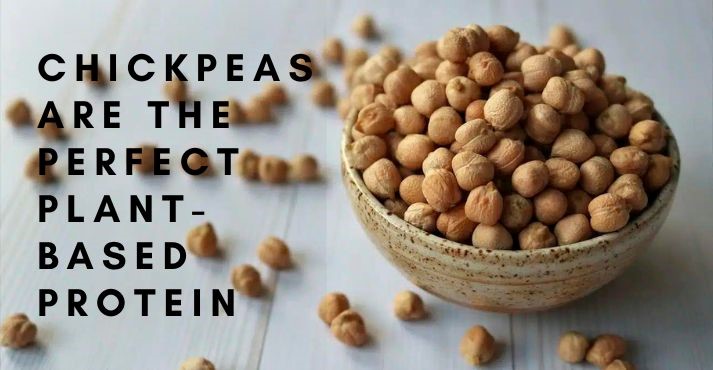
Chickpeas, or garbanzo beans, are legumes packed with essential nutrients. They are a good source of protein, folate, fiber, iron, phosphorus, and healthy fatty acids. According to the USDA, a ½ cup serving of chickpeas contains approximately 7.5 grams of protein.
The global chickpea market is expected to reach a market valuation of US$ 165.1 million by the end of 2023. With consumers gaining more awareness regarding the benefits of chickpea protein, the market is gaining traction.
Chickpeas can be enjoyed in various ways, such as roasted chickpeas for a crispy snack or incorporating them into hummus for making a healthy dip. Or, you can toss chickpeas with whole grains and add them to salads for a plant-based protein boost.
2. Tofu: Protein-Rich to Elevate Your Plant-Based Diet
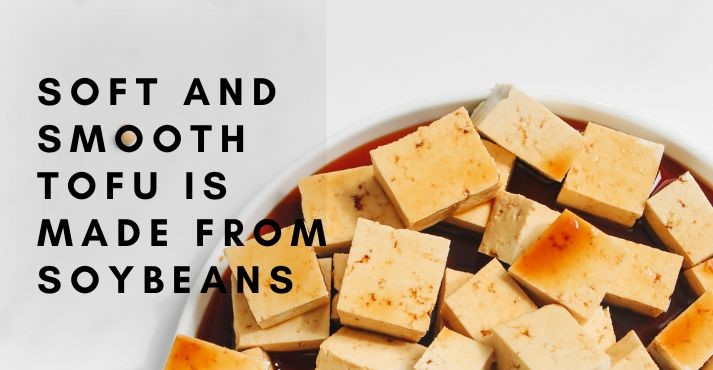
As we look into other good plant protein sources, Tofu contains all nine essential amino acids, making it a complete protein source. According to the USDA, Tofu, a soy-based product, is a recommended meat substitute that provides 9 grams of protein per 3-ounce serving.
Contrary to some misconceptions, soy products are considered safe for consumption by experts and do not appear to be linked to breast cancer, as suggested by the American Cancer Society.
It can be easily integrated into multiple food products, including soy milk, edamame, miso, tempeh, soy nuts, and Tofu. Soy also contains potassium and iron. They can be added to dishes like stir-fries or roasted alongside colorful vegetables.
3. Lentils: The Protein Powerhouse for Plant-Based Diets
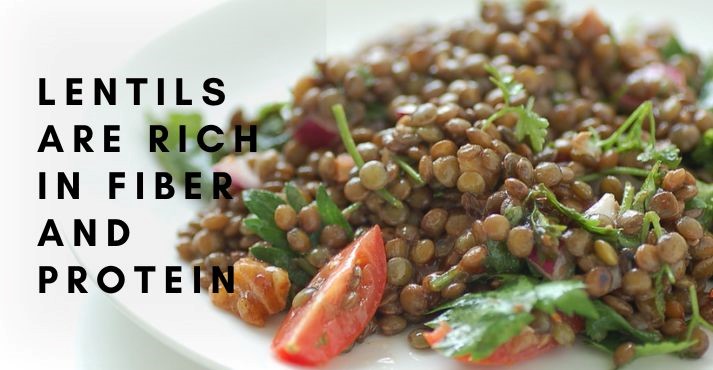
Legumes are another best plant-based protein form that includes lentils, beans, peas, nuts, and seeds, offering a rich array of nutrients. According to USDA, lentils provide 19 grams of protein per 35g serving, equivalent to ½ cup of cooked legumes.
Legumes are also rich in fiber, vitamins, minerals, and phytonutrients. They contain antioxidant-rich polyphenols with various health benefits, including anti-obesity, anti-cancer, anti-inflammatory, and anti-diabetes properties.
Legumes can be incorporated into meals, such as using lentils as the protein in a vegetable-packed soup or featuring them in veggie burgers.
4. Hemp Seeds: A Plant-Based Protein Superfood
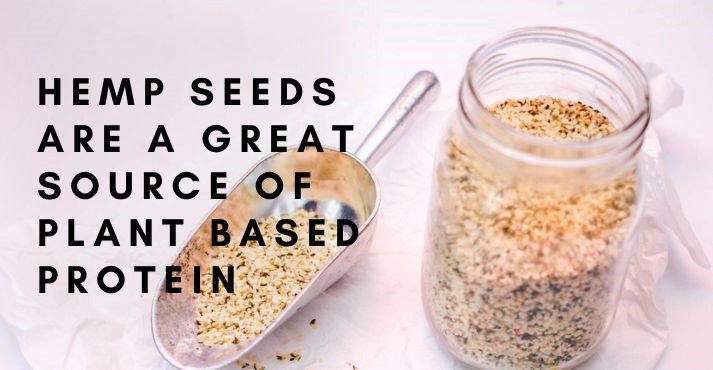
Hemp seeds, or hemp hearts, are a healthy plant protein that contains all nine essential amino acids. According to USDA, a 3-tablespoon serving of hemp seeds provides approximately 10 grams of protein.
They have a subtle nutty flavor and provide a pleasant crunch. Hemp seeds can be enjoyed in various ways, including sprinkling them on salads, soups, and yogurt or adding them to nut-buttered toast.
5. Nuts: Your Tasty Protein Fix in a Nutshell
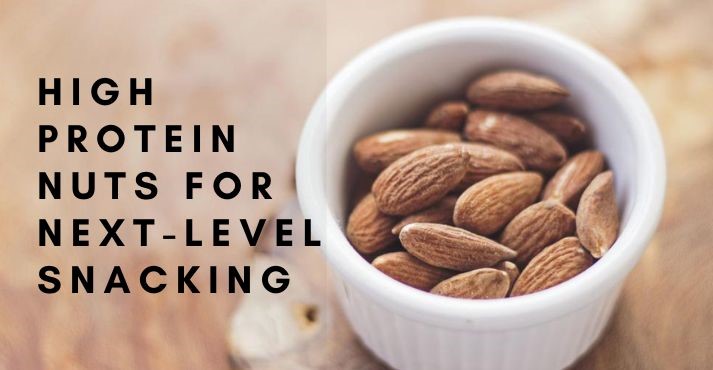
Nuts are the healthiest snack option and best to use in halal food recipes. Nuts are excellent protein sources, and according to USDA, nuts contain 30.3 grams of protein in 1 cup weighing 143 grams.
Almonds are noted as the top protein source among nuts, with pistachios being a close second. It is mentioned that pistachios are considered a complete protein. In addition to protein, nuts are rich in heart-healthy unsaturated fats. These unsaturated fats have been shown to help lower cholesterol levels, contributing to better heart health.
Nuts come in various types, such as almonds, pistachios, cashews, walnuts, and hazelnuts.
6. Peanut Butter: A Delicious Protein Source
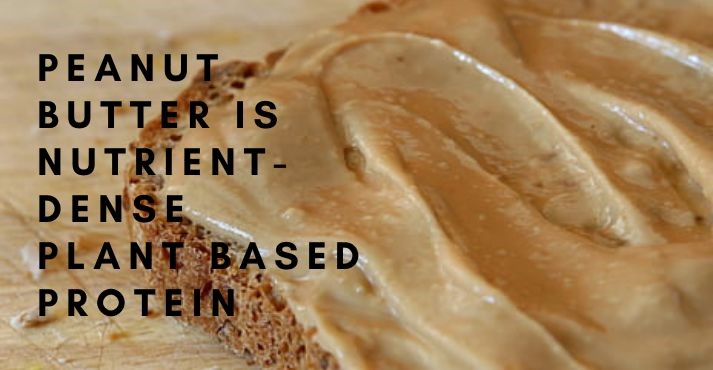
Peanut butter is one of the world’s most popular spreads, a delicious and healthy plant-based protein source. Peanut butter is a tasty and high-quality plant-based protein source. According to USDA, a 3.5-ounce (100-gram) portion of peanut butter contains 22 grams of carbs, 22.5 grams of protein, and 51 grams of fat.
Savor each bite and savor the nutrients but with mindful consumption. Pairing it with apple slices for a satisfying snack or crafting a classic PB&J on whole-wheat bread with low-sugar jelly will surely enhance your taste buds and health benefits.
7. Quinoa: Vegan-friendly Meal Ingredient
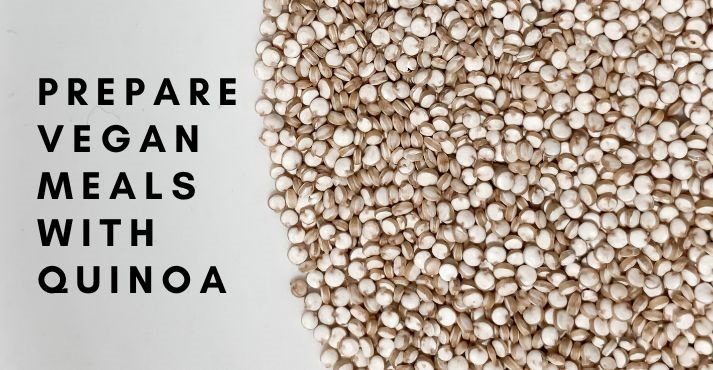
Quinoa is an edible seed in various colors, including black, red, yellow, and white. Quinoa is a nutrient-dense and healthiest plant protein that plays an essential role in helping you feel full.
According to USDA, one cup of cooked quinoa (185 grams) contains 8 grams of protein, 39 grams of carbs, and 3.55 grams of fat.
Elevate the flavor of quinoa by simmering it in vegetable or chicken broth instead of using plain water. This broth infusion imparts a delightful taste to the grains, creating a delectable base for various culinary creations.
8. Nutritional Yeast: A Flavour Enhancer for Vegans
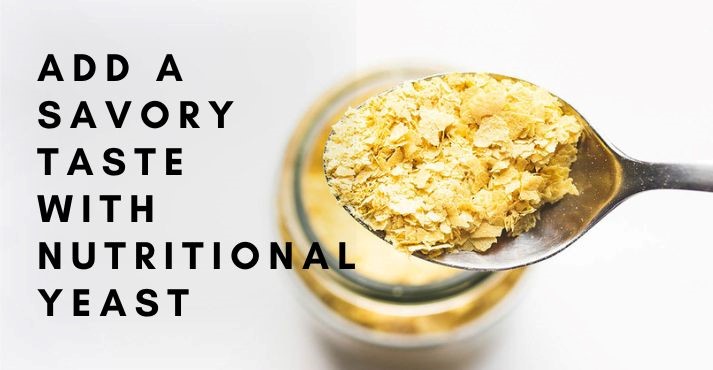
Nutritional yeast, often called “nooch,” is a popular plant-based protein source known for its distinct flavor and numerous nutritional benefits. Nutritional Yeasts are plant-based protein alternatives that have been deactivated and dried.
It is a versatile ingredient that not only boosts the flavor of your dishes but also provides essential nutrients, especially for those following vegan and vegetarian diets.
It is a critical ingredient in vegan cheese sauces. It can make creamy, cheesy sauces for pasta, nachos, or vegetable dishes. Use it as a topping for salads, adding a nutty and cheesy flavor.
9. Tempeh: A Plant-Based Protein Powerhouse
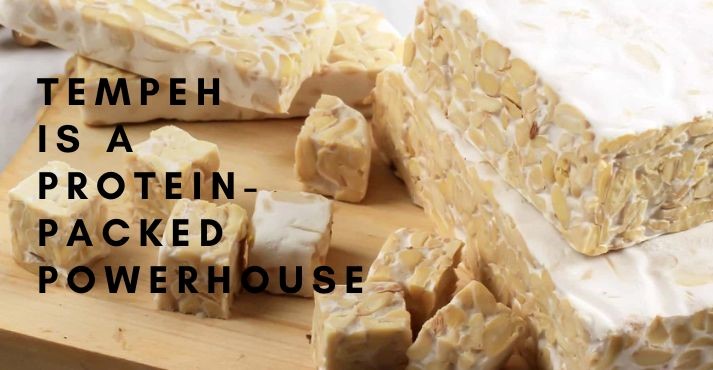
If you’re looking for a healthy and tasty alternative to meat, tempeh is the answer.
You can prepare plant-based high-protein foods from tempeh, as they are made from chunks of whole beans softened through the fermentation process. Tempeh has a texture and a dense mouthfeel that contrasts with Tofu. For example, tempeh can be made from Mung, garbanzo, and black beans.
Tempeh can easily be used as a replacement for paneer or Tofu in most recipes. It can also be marinated with wholesome spices and toasted to make a great snack. They can be added to salad bowls, sandwiches, and instant ramen bowls for a protein boost.
10. Black Beans: Delicious, Inexpensive and Versatile
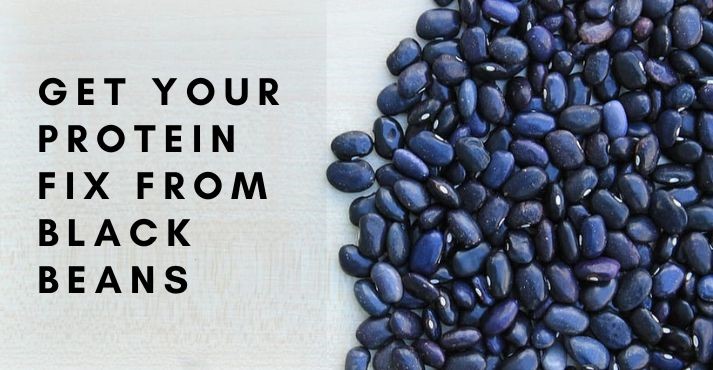
Black beans, also classified as legumes, have a complex shell-like appearance. Full of plant-based protein, dietary fiber, and antioxidants, these vegan-based protein options contribute to building and maintaining bone structure. It’s essential to either soak or boil them before consumption.
One-half cup (86 grams) of cooked black beans contains approximately 7.62 grams of protein, 0.46 grams of fat, and 20.39 grams of healthy carbs.
You can add black beans to burritos or make a black bean soup by blending cooked black beans with onions and tomatoes and adding them to your salad bowls. Another great way to consume black beans is to make a simple taco salad by mixing beans, onions, lettuce, tomatoes, avocado, sharp cheddar cheese, and salsa.
11. Seitan: The Wheat-Based Protein Alternative
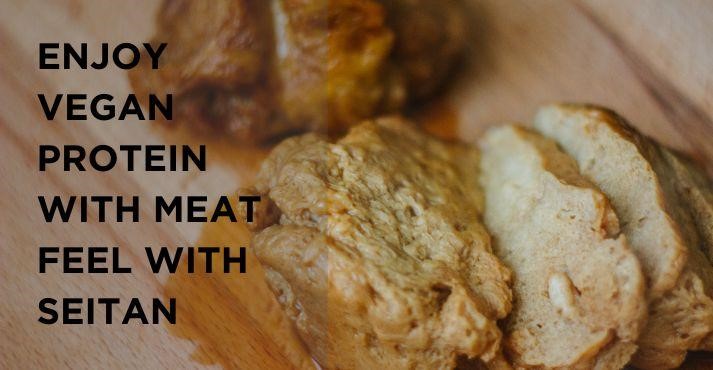
Seitan, often called “wheat meat,” is a popular plant-based protein source made from gluten, the main protein in wheat. This chewy, meat-like product has a high protein content, making it a go-to ingredient for vegans and vegetarians seeking a robust good source of protein.
Seitan is incredibly versatile and can mimic the texture of chicken, beef, or pork in various dishes. It is an excellent option for restaurant menus, as it can be grilled, sautéed, or baked, absorbing the flavors of marinades and sauces beautifully.
Seitan works well in dishes like stir-fries and sandwiches or as a meat substitute in traditional Asian recipes, making it a star among high-protein foods for vegans.
Nutritionally, seitan is low in fat and carbs but packs a punch with approximately 25 grams of protein per 3-ounce serving. It’s a favorite among those looking to increase their protein intake without consuming animal products.
12. Edamame: Young Soybeans Bursting with Protein
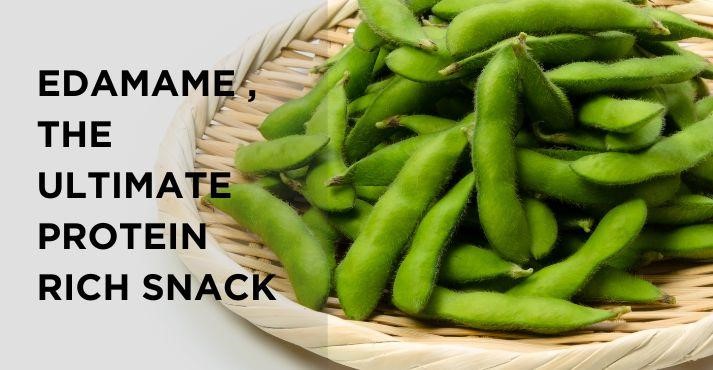
Edamame, the young green soybeans, are a staple in Asian cuisine and a plant-based protein source rich in nutrients. These vibrant beans are typically steamed or boiled and served as a snack or appetizer, but their versatility extends far beyond that.
A single cup of edamame provides around 18 grams of protein, making it one of the best vegan protein-rich foods.
Edamame is also a fantastic fiber, iron, and calcium source, contributing to a well-rounded diet. Restaurants can add edamame to salads and grain bowls or even blend it into dips for a protein-packed option that appeals to health-conscious diners.
Edamame’s mild, slightly sweet flavor pairs well with various seasonings, from simple sea salt to spicy chili flakes. It is a popular addition to menus offering high-protein foods for vegans.
13. Chia Seeds: Tiny but Mighty Protein Source
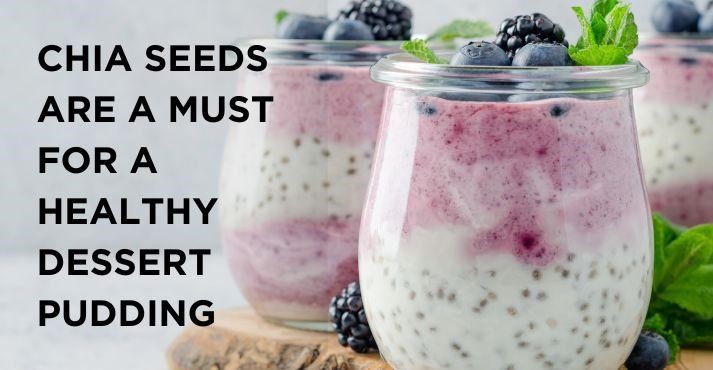
Chia seeds may be tiny, but they are a plant-based protein source that delivers a powerful nutritional punch. Just two tablespoons of these tiny seeds provide around 4 grams of protein and a substantial amount of omega-3 fatty acids, fiber, and antioxidants.
Chia seeds are incredibly versatile and can be incorporated into various dishes, making them a valuable ingredient in restaurant kitchens. They can be sprinkled on smoothie bowls, mixed into oatmeal, or used as a binding agent in vegan baking.
One popular use of chia seeds is to create chia pudding, a creamy, nutritious dessert that can be flavored in countless ways. It is a delightful addition to any menu.
The gelatinous texture chia seeds develop when soaked in liquid makes them an excellent thickener for sauces and dressings. They add not only protein but also a satisfying mouthfeel to dishes.
This adaptability ensures that chia seeds remain popular with chefs who want to incorporate high-protein foods for vegans into their offerings.
14. Pumpkin Seeds: Crunchy and Protein-Packed
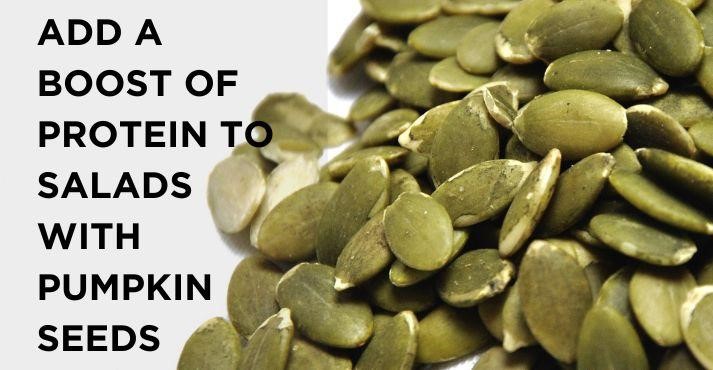
Pumpkin seeds, also known as pepitas, are a plant-based protein source that offers a satisfying crunch and a wealth of nutrients.
These seeds are high in protein—providing about 7 grams per ounce—and rich in essential minerals like magnesium, zinc, and iron, making them a valuable addition to any diet focused on maximizing minerals and nutrients.
Pumpkin seeds are incredibly versatile in the kitchen. They can be roasted with various seasonings for a savory snack or used as a topping for salads, soups, and grain bowls.
They can add both texture and nutritional value to dishes on restaurant menus, from sprinkling them on avocado toast to incorporating them into baked goods like bread and muffins.
For those offering vegan wine pairings, pumpkin seeds can be an excellent accompaniment. Their rich, nutty flavor complements the subtle notes in many vegan-friendly wines.
Pumpkin seeds’ nutritional profile and culinary flexibility make them a must-have on any menu, aiming to provide high-protein foods for vegans.
15. Flaxseeds: Omega-3 and Protein Combo
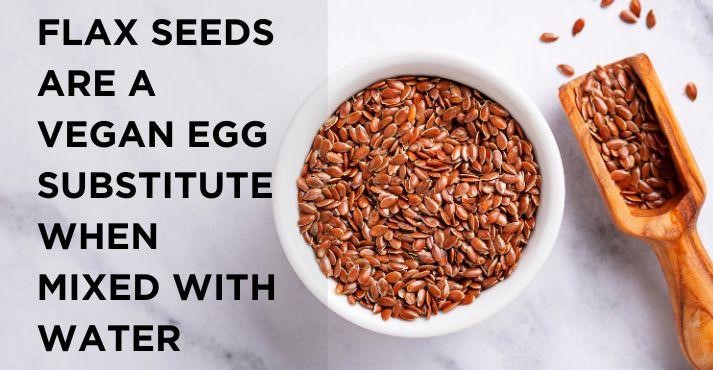
Flaxseeds are a tiny yet powerful plant-based protein source that contributes about 3 grams per tablespoon and provides a significant amount of omega-3 fatty acids, making them a valuable addition to diets focusing on heart health.
Flaxseeds are also rich in fiber, which aids in digestion and helps maintain a healthy weight. Incorporating flaxseeds into restaurant menus can be as simple as adding them to smoothies, yogurt, or baked goods.
When mixed with water, they can also be used as a vegan egg substitute in baking.
The nutty flavor of flaxseeds complements a wide variety of dishes, from breakfast bowls to hearty breads.
Additionally, the omega-3 content in flaxseeds, along with their protein, makes them a standout choice for those looking to boost their meals’ nutritional content while ensuring a good intake of minerals in food.
16. Green Peas: Fresh, Sweet, and Protein-Rich
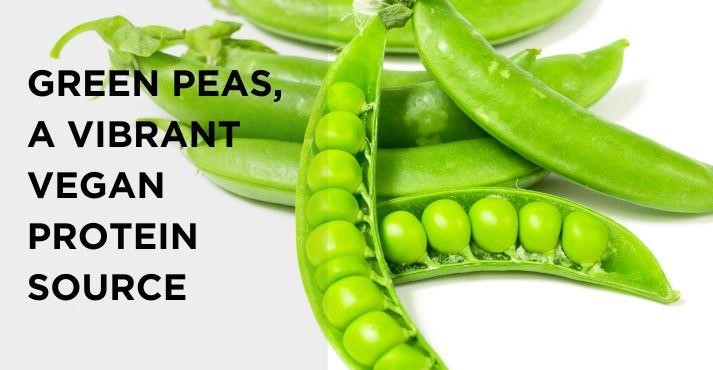
Green peas are a surprisingly high-protein vegetable, offering about 8 grams of protein per cup. This makes them an excellent plant-based protein source for those looking to increase their protein intake while enjoying a fresh and sweet flavor.
Green peas are also packed with fiber, vitamins A, C, and K, and essential nutrients like iron and phosphorus.
In the culinary world, green peas are incredibly versatile. They can be used in various dishes, from traditional soups and stews to modern salads and grain bowls.
Their sweet, mild flavor pairs well with a wide range of ingredients, making them a popular choice for chefs who want to offer high-protein foods for vegans.
Restaurants can incorporate green peas into pasta dishes and risottos or even create a vibrant pea puree as a base for entrees.
17. Sunflower Seeds: A Nutritious Protein Boost
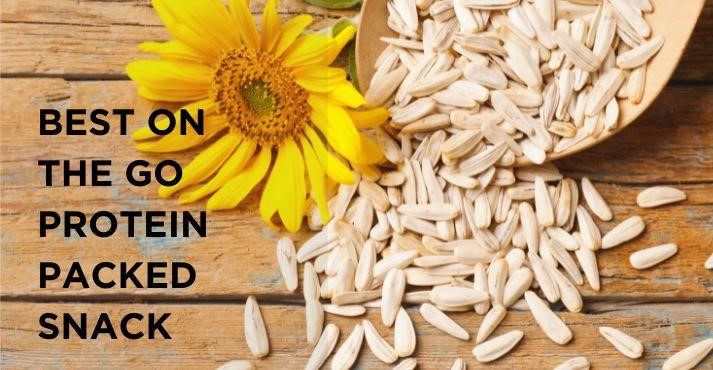
Sunflower seeds are a plant-based protein source that offers around 6 grams of protein per ounce and a healthy dose of vitamin E, magnesium, and selenium. These seeds are nutritious and add a pleasant crunch and nutty flavor to various dishes.
Incorporating sunflower seeds into restaurant menus can elevate the nutritional profile of salads, grain bowls, and even desserts.
They can be toasted and sprinkled over dishes to add texture, blended into sauces for a creamy consistency, or used as a base for seed butter, offering a versatile way to boost the protein content in vegan protein-rich foods.
Their rich nutrient profile, including essential minerals, makes them a valuable ingredient for any restaurant offering nutritious, satisfying, high-protein foods for vegans.
18. Amaranth: Ancient Grain with Modern Protein Power
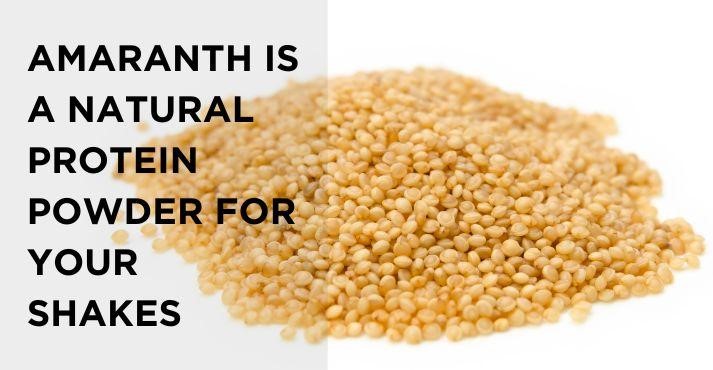
Amaranth is an ancient grain cultivated for thousands of years and is now celebrated for its impressive nutritional profile. This plant-based protein source offers about 9 grams of protein per cooked cup, making it a powerful addition to any vegan or vegetarian diet.
Amaranth is also rich in fiber, iron, magnesium, and phosphorus, providing a substantial selection of minerals in food.
Amaranth’s versatility allows it to be used in a variety of dishes. Its slightly nutty flavor and fluffy texture make it an excellent base for grain bowls, salads, and porridge.
Amaranth can create hearty, protein-packed side dishes in restaurants or even as a gluten-free alternative to couscous or rice. Its nutritional benefits make it an attractive ingredient for chefs looking to offer high-protein foods that are both satisfying and nutrient-dense for vegans.
19. Spirulina: The Algae with Supercharged Protein
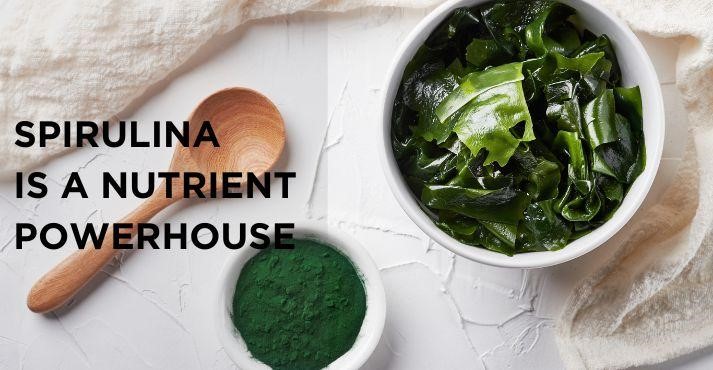
Spirulina is a blue-green algae known for its exceptional protein content and nutrient density. This plant-based protein source offers a staggering 8 grams of protein per two tablespoons, making it one of the most concentrated sources of protein available.
Spirulina is also packed with essential amino acids, vitamins, and minerals, including iron, calcium, and magnesium, making it a powerhouse of nutrition.
Spirulina’s unique flavor and vibrant color make it a versatile kitchen ingredient. It can be added to smoothies, energy bars, and savory dishes like soups and sauces.
For restaurants, incorporating spirulina into menu items can offer customers a supercharged nutritional boost, whether it’s blended into a green smoothie or used as a natural food coloring for pasta or desserts.
Spirulina’s role as a superfood makes it an excellent choice for menus that aim to deliver high-protein foods for vegans that are innovative and health-conscious.
20. Sesame Seeds: Tiny Seeds with a Protein Punch
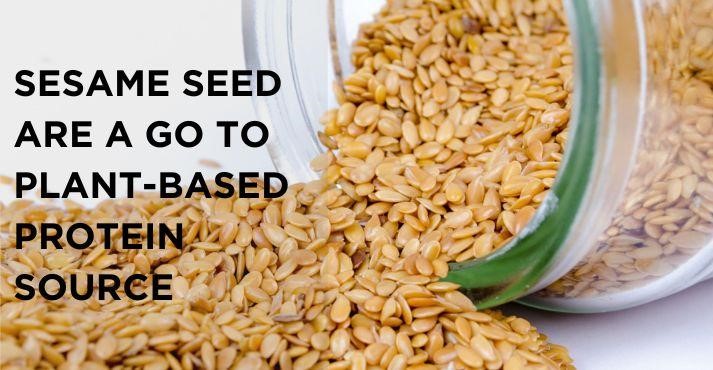
Sesame seeds may be tiny, but they pack a significant nutritional punch, offering around 5 grams of protein per ounce. Plant-based protein sources also contain healthy fats, fiber, and essential minerals like calcium, magnesium, and iron.
Sesame seeds are incredibly versatile in the culinary world. They can be used whole, ground into tahini, or pressed into sesame oil, providing numerous ways to incorporate them into dishes.
Restaurants can use sesame seeds to add flavor and texture to various foods, from Asian-inspired salads and stir-fries to baked goods and desserts. Their nutty flavor enhances sweet and savory dishes, making them a popular chef choice.
Whether sprinkled over a dish or into sauces, sesame seeds are a fantastic way for vegans to boost protein content and flavor in high-protein foods.
Incorporating Plant-Based Proteins into Restaurant Menus
As the demand for plant-based protein sources grows, restaurants have a unique opportunity to create diverse and appealing dishes that cater to this trend.
To successfully integrate high-protein foods for vegans into your menu, consider focusing on variety and creativity. Combining different plant-based meats, grains, and vegetables can result in balanced meals that are both satisfying and nutritionally complete.
For example, a bowl featuring quinoa, grilled tofu, and roasted high-protein vegetables offers a tasty mix of flavors and textures.
Tips for Creating Appealing Plant-Based Dishes
- Mix and Match: Combine various plant-based protein sources, such as beans, lentils, and tofu, to create dishes with complementary textures and flavors.
- Season Well: Use herbs, spices, and marinades to enhance the flavor of plant-based meats and vegetables, making them more appealing to a broader audience.
- Highlight Nutrients: Emphasize the nutritional benefits, such as minerals and nutrients like iron and calcium, to attract health-conscious diners.
- Presentation Matters: Focus on colorful and visually appealing presentations that make vegan protein-rich foods stand out on the plate.
Real-Life Examples
- HRVST (Singapore): Known for innovative dishes like chickpea “tuna” tartare, which creatively uses chickpeas as a plant-based protein source.
- Love Handle (Singapore): A vegan butcher offering plant-based meats like vegan burgers and sausages designed to mimic traditional meat dishes.
These examples demonstrate that with creativity and attention to nutrition, restaurants can effectively cater to the growing demand for vegan protein-rich foods while delighting their customers with delicious, health-conscious meals.
How Much Protein Does Human Body Need?
The amount of protein you need depends on many factors, such as age, muscle mass, and activity level. A human body needs relatively large quantities to function correctly.
Following are the protein dietary guidelines according to USDA:
The recommended daily allowance for protein is 0.8 grams per kilogram of body weight. To calculate your daily protein goal in grams, multiply your weight in pounds by 0.36.
The common perception is that meals should revolve around a large serving of animal protein, leading to an overemphasis on protein intake. Protein should make up between 10 and 35 percent of your daily calorie intake.
However, the idea is challenged, emphasizing that meals can include high-quality plant protein sources to meet protein needs, such as beans in salads or grilled Tofu in sandwiches.
How Vegan Diets Impact Weight, Blood Pressure, and Heart Health
Vegans and vegetarians typically have lower body mass indexes (BMI) than non-vegans. Vegan plant-based protein diets can be valuable for those looking to manage their weight, lower blood pressure, and promote heart health.
Recently, researchers from the University of Sydney and Royal Prince Alfred Hospital in Australia and Brescia University in Italy analyzed 20 randomized controlled trials involving 1,878 participants with a mean age of 28–64 years who either had cardiovascular disease or were at a high risk of cardiovascular disease.
It was found that consuming a vegan diet for six months was linked to improved measures of cholesterol, blood sugar, and body weight among those at high risk of cardiovascular disease.
Moreover, vegan diets may reduce pain associated with arthritis and lower the risk of age-related cognitive decline.
Frequently Asked Questions (FAQs)
What is the best source of plant-based protein?
The best source of plant-based protein includes:
- Legumes (e.g., lentils, chickpeas, black beans)
- Tofu and tempeh
- Quinoa
- Nuts and seeds (e.g., almonds, chia seeds)
- Seitan
- Edamame
- Green peas
- Spirulina
- Nutritional yeast
- Hemp seeds
What are 3 good sources of plant-based protein?
Three good sources of plant-based protein include:
- Lentils
- Tofu
- Beans
Is plant-based protein better?
Plant-based proteins are lower in saturated fats, cholesterol-free, and more sustainable than animal protein. However, choosing between plant-based and animal-based protein depends on individual preferences and nutritional needs.
Also, plant-based foods contain essential antioxidants, vitamins, and minerals that benefit overall health.
How to get 40 grams of protein without meat?
You can quickly get 40 grams of protein by combining various plant-based protein sources, such as a cup of cooked lentils (18g), a serving of tofu (10g), and a handful of almonds (6g). Adding a scoop of vegan protein powder to a smoothie can help you reach your goal.
Is rice high in protein?
Rice is not exceptionally high in protein; a cup of cooked white rice provides about 4 grams of protein. However, pairing it with other high-protein foods like beans or lentils can make for a more protein-rich meal.
Which vegetable is high in protein?
High-protein vegetables include spinach, broccoli, and Brussels sprouts. Spinach provides about 5 grams of protein per cooked cup, making it a great addition to a balanced, protein-rich diet.
Conclusion
As the demand for plant-based protein sources continues to rise, it’s clear that both individuals and the food industry are adopting the benefits of a plant-based diet.
From high-protein vegetables like spinach and broccoli to versatile ingredients like tofu and lentils, plenty of vegan protein-rich foods are available to meet your nutritional needs.
Not only do these options support personal health by reducing the risk of chronic diseases, but they also contribute to a more sustainable future.


